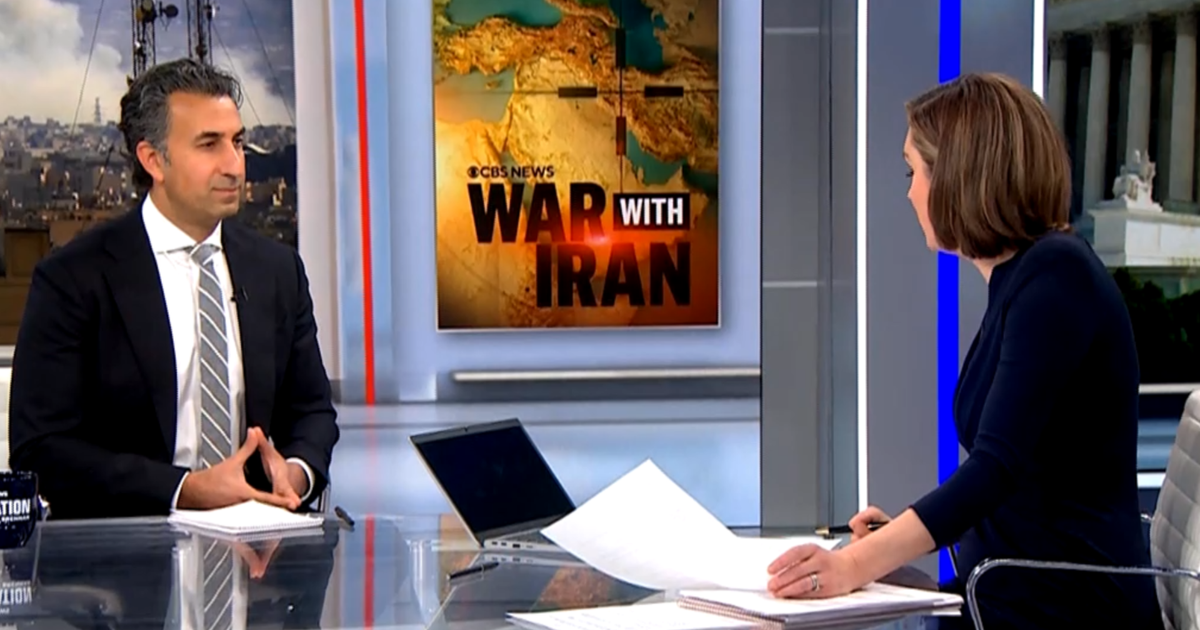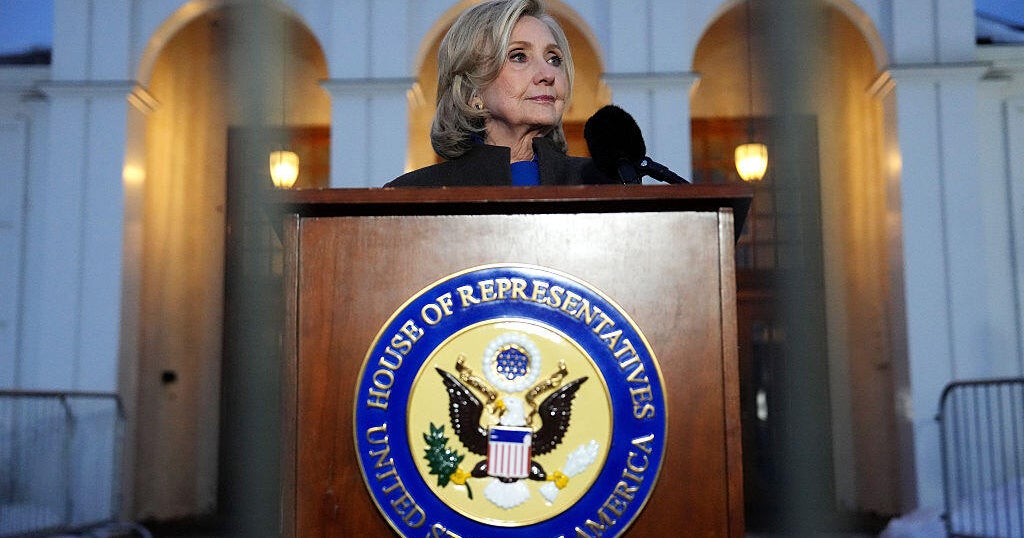White House criticizes House Republicans for inaction on Ukraine aid
Washington — The White House has ramped up criticism of House Republicans and Speaker Mike Johnson in recent days over their failure to bring up a Senate-passed bill that would provide aid to Ukraine, where conditions have grown more dire, as well as Israel and Taiwan.
White House Communications Director Ben LaBolt said in a statement Tuesday morning that "Speaker Johnson and House Republicans must act" on the foreign aid, noting that "time is of the essence."
"House Republicans are on Day 5 of an early, undeserved vacation while their inaction does escalating damage to our national security," LaBolt said. "Russia just saw its most significant gains in Ukraine in nearly a year because Ukraine is running low on supplies and Congress has failed to pass critically needed support. We must stop Putin from continuing to murder innocent women and children while threatening our own national security."
The comments came after House Republican leaders dashed the hopes of bringing up a $95 billion Senate-passed foreign aid bill in the lower chamber last week. The package includes aid for Ukraine, Israel and the Indo-Pacific, along with humanitarian assistance in Gaza, and passed with wide bipartisan margins in the upper chamber. But Johnson said the House would "continue to work its own will" on the foreign aid, criticizing the Senate package for omitting domestic border security measures.
News of Russian opposition leader Alexey Navalny's death in recent days has added to the pressure on House Republicans, as has the Russian capture of Avdiivka, a key Ukrainian city. And the pressure was also enhanced as U.S. lawmakers met with foreign leaders at the Munich Security Conference over the weekend.
Amid the standoff, President Biden told reporters on Monday that he'd be "happy to meet" with Johnson, "if he has anything to say." He added that House Republicans are "making a big mistake."
"The way they're walking away from the threat of Russia, the way they're walking away from NATO, the way they're walking away from meeting our obligations, it's just shocking," the president said. "I've been here a while. I've never seen anything like this."
Johnson's team countered later in the day, saying that "we welcome the President's reversal and openness to meeting with Speaker Johnson about the best path forward for securing the nation," while noting that "it's long overdue."
"We look forward to hearing from the WH when he'll be available for a 1-on-1 meeting that the Speaker has requested for weeks," the speaker's deputy chief of staff for communications Raj Shah said in a statement.
The Louisiana Republican made clear during a news conference last week that the Republican-led House "will not be jammed" into passing a foreign aid that "does nothing to secure our own border."
House Republican leaders have fiercely criticized the foreign aid bill for failing to address the U.S.-Mexico border, despite a rejection of a bipartisan border agreement negotiated in the Senate earlier this month that they said didn't go far enough. But passing the foreign aid bill without border provisions poses complications in the House, where additional aid for Ukraine is a nonstarter for some Republicans.
The impasse has spurred alternative ideas, like using a maneuver known as the discharge petition to effectively bypass leadership and force a House vote on the foreign aid bill that could garner enough bipartisan support for passage. House centrists also unveiled an alternative bill in recent days designed to get around the stalemate by enacting tougher border security measures, while providing defense funding for Ukraine, Israel, Taiwan and U.S. operations in the Middle East. But the path forward for each venture remains unclear as Congress stands in recess.
Sara Cook and Weijia Jiang contributed reporting.




